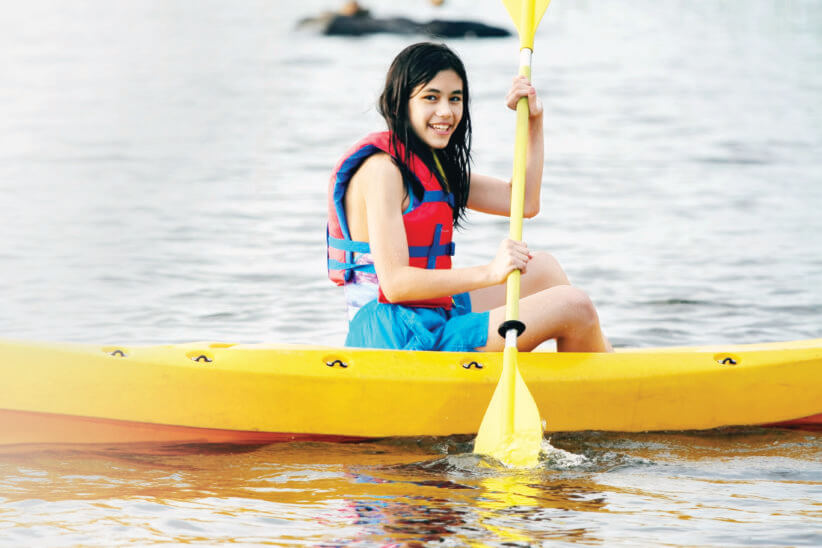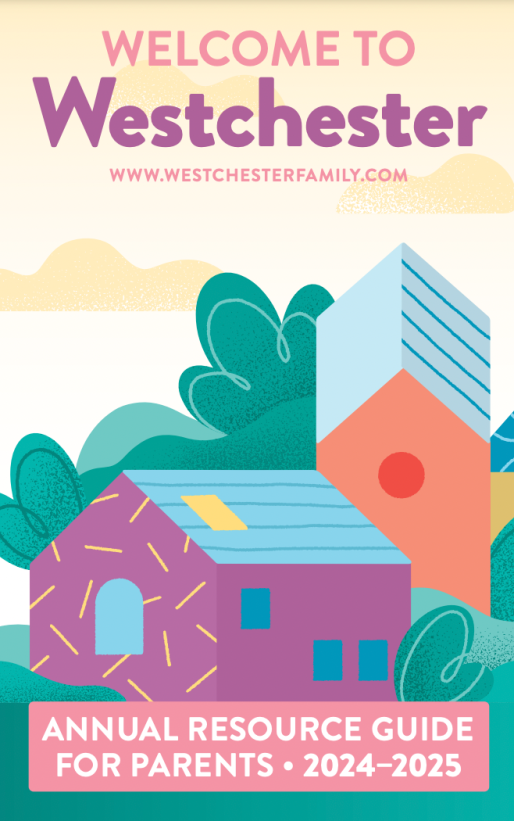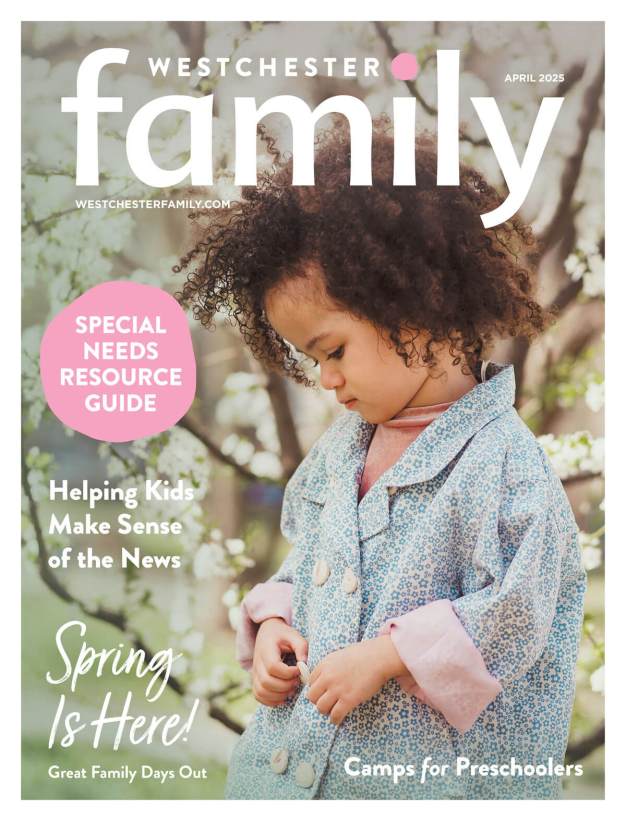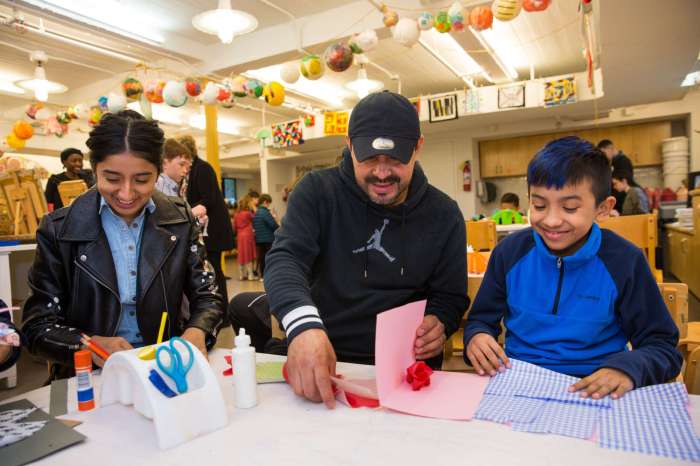
Your husband has been telling you for years that camp changed his life and he would like your child to have the same experience. Your best friend tells you all the time that sleepaway camp made her into the person she is today. But you never went to camp and you just don’t get it. What’s so special about camp and what can your child gain at camp that they can’t get at home with you? If this sounds a bit like you, read on to learn more about why camp can be such a wonderful growth experience for your child.
Camp is a gift for your child
Parents who never went to overnight camp themselves often think of it as a punishment – why else would you send your child away from you for the summer? “Many parents who never went to camp think a parent who sends their child to camp must not love them but it’s the contrary,” says Michael Baer, owner and director of coed camps Chipinaw and Silver Lake in Swan Lake, N.Y. “You are giving your child a gift. Children get the chance to gain independence and build life skills that they don’t get at home. I know this is an extremely difficult decision for parents who don’t understand camp and you may not understand until your child comes home from a couple of weeks away but they will return feeling good about themselves and confident, which is really gratifying to see.” Lauren Bernstein, owner, and director of Camp Walden, a coed overnight camp in Diamond Point, N.Y., agrees. “It’s hard to wrap your head around sending your child away but remember that it’s not something you are doing to them. It’s something you are doing for them. Even though it’s hard to not have your child home, and you will miss your son or daughter, the upside is the growth experience you are giving them.”
Camp fosters independence
It’s very hard for children to truly gain independence when they are at home with mom and dad. Being away at camp allows for a healthy separation, giving children the opportunity for personal growth. “Once you are a parent, you spend all this time nurturing your children and setting them up for success. It’s hard to think of trusting someone else and taking a leap of faith by sending them off to camp,” explains Bernstein. “However, camp is a time for children to foster independence. We are a generation of parents that are so involved in our kids’ lives. It’s important for children to have the opportunity to go to camp and learn to navigate things on their own, with the help of caring adults other than their parents.”
Camp builds resilience
Experts contend that today’s children have very little resilience and have trouble coping when they don’t do well at something. “Unfortunately, we created this. We live at a time when everyone is a winner. There is no question that this mentality is detrimental to kids,” says Baer. “When they get into the workplace, there will be times when there will be winners and losers, and if we don’t prepare them with coping skills and how to work through these disappointments, we are doing them a disservice.” He also encourages parents to have a realistic view of camp. “Camp is not a utopian experience and we try to educate parents that not every day at camp will be perfect. The beauty of camp is there are highs and lows, which is representative of life. “We work on helping campers build skills to help them get through the low times without the help of mom and dad. They come to realize that there are counselors and friends to help pick them up when they fail.”
Camp gives a break from technology
One of the best parts about camp for this generation of young people is that camp may well be the last unplugged environment for children. Children often have their heads buried in their phones and playdates consist of kids hanging out together, texting away. Bernstein says that parents don’t even realize this benefit of camp when they are choosing one for their 8-year-old but learn to appreciate it when they are 11 or 12 years old. “Camp gives children a break from social media and the pressures that go with it. There is no filter at camp, allowing campers to just live in the moment without staring at Instagram to see how many people like their photos or watching friends have a good time at an event they aren’t involved in.”
Strong friendships are made at camp
Camp is a place where strong friendships are formed and where kids can just be themselves. “I always encourage campers to go to camp on their own and not where all their friends from home are going,” says Baer. “As much as it’s a safety net, it’s nice to go to camp independently and have the opportunity to reinvent yourself and move away from the stereotypes people have boxed you into at home. Children can be themselves at camp and be accepted for who they are and not who they are at school.” Bernstein adds, “When children live together 24/7, they have no choice but to peel back the layers and share, whether it’s the good moments or the hard ones. They support each other and when they have a disagreement, they work it out face to face and talk it through. Camps work hard to create an environment that is less judgmental and one where children are accepted for who they are.














